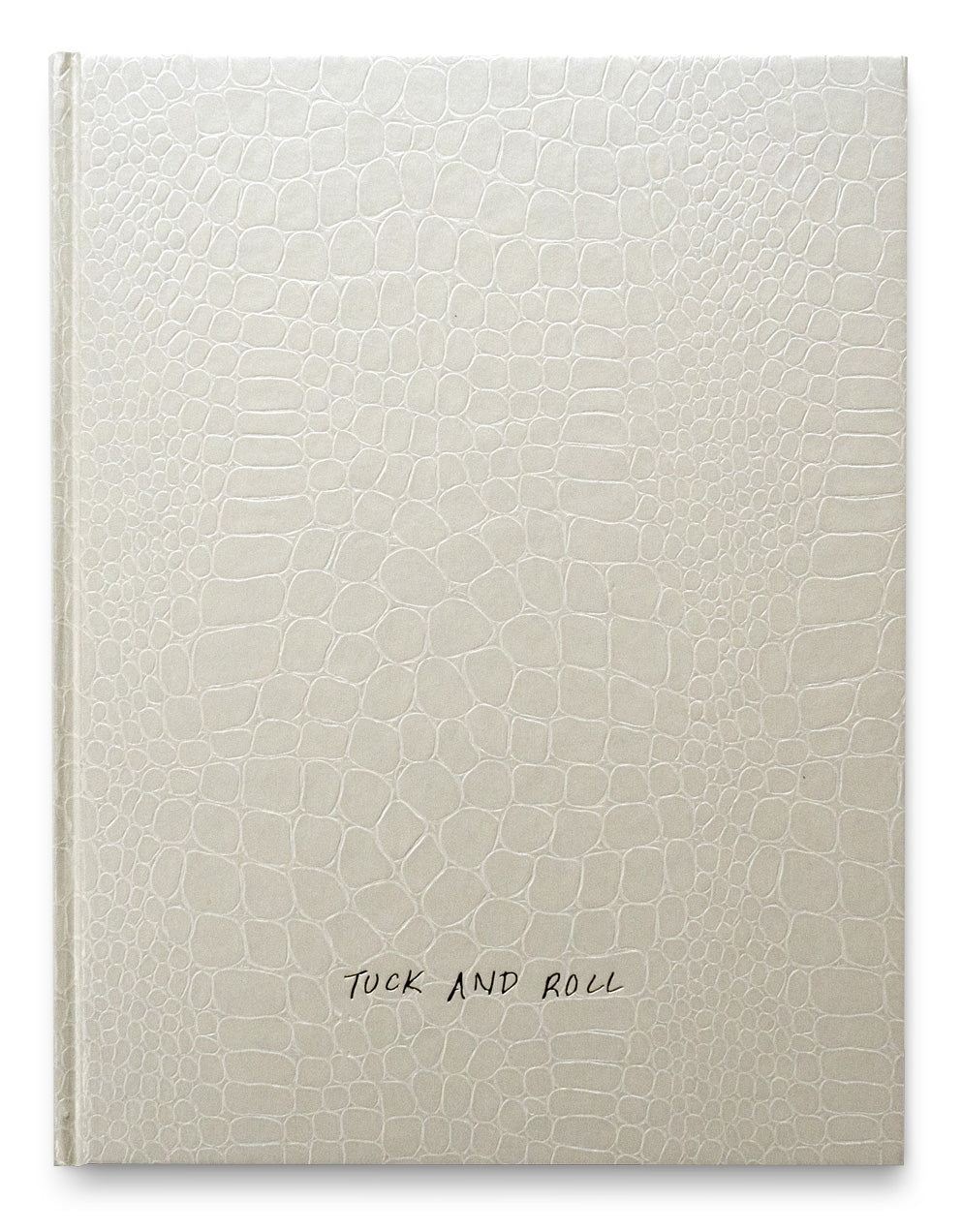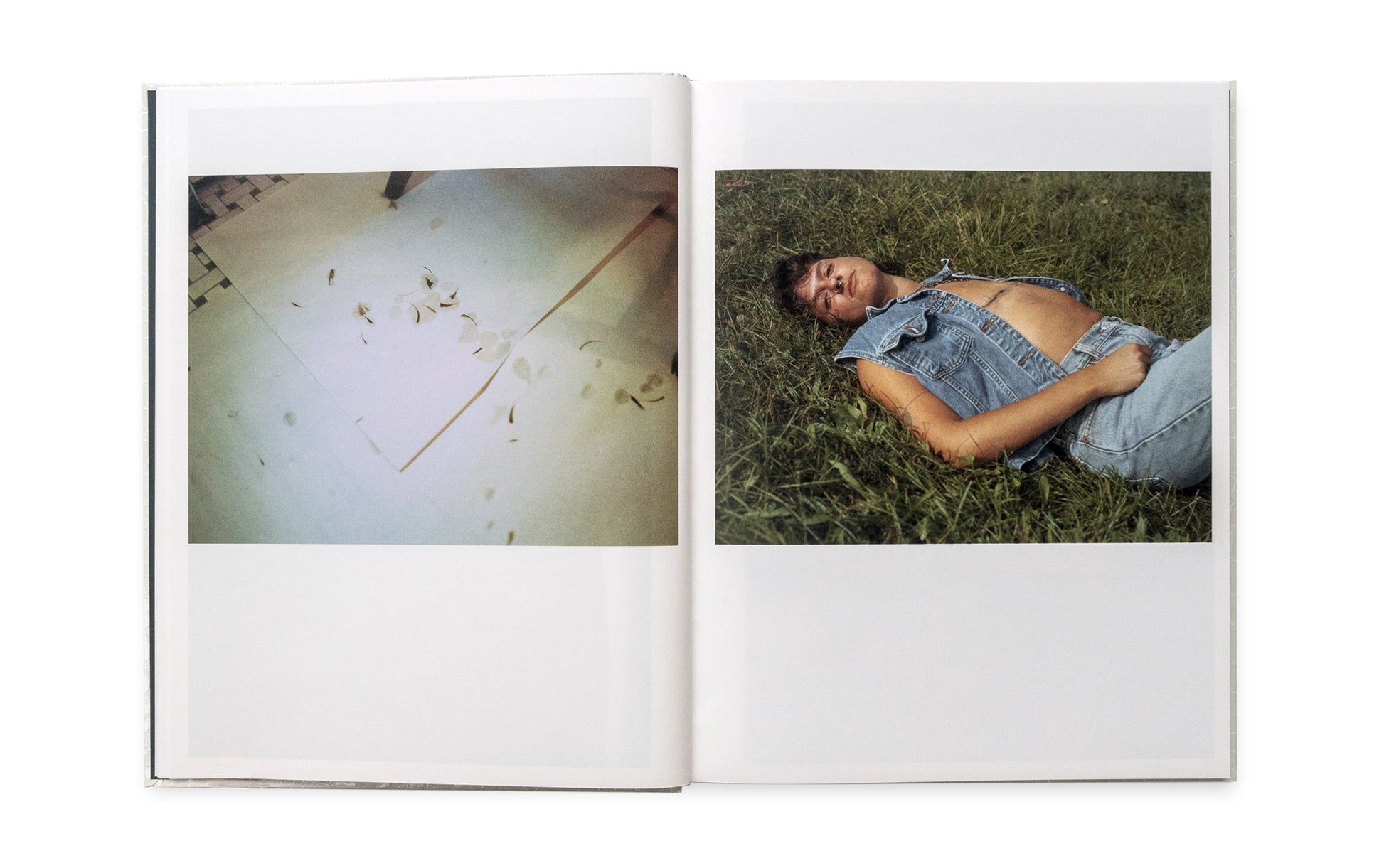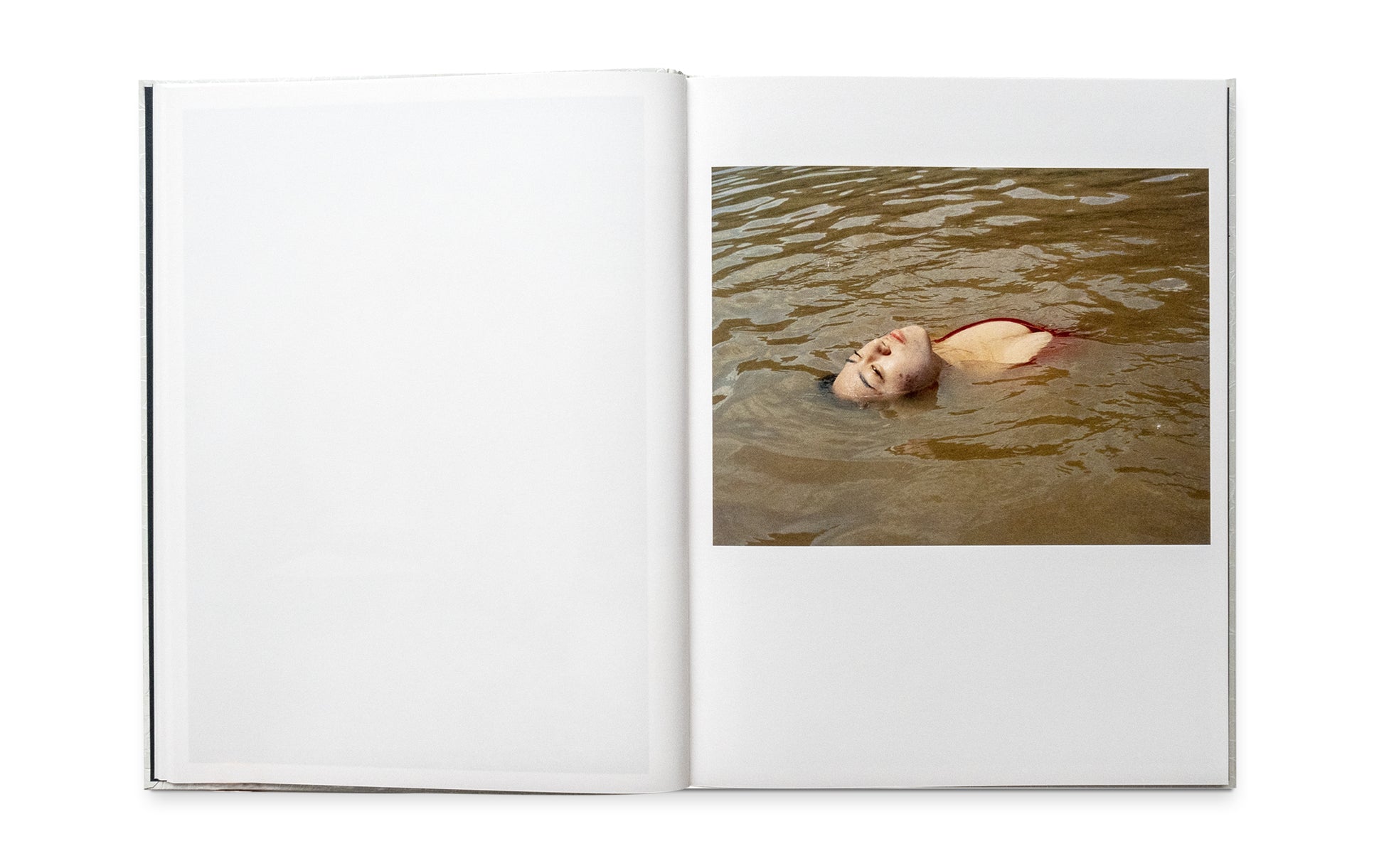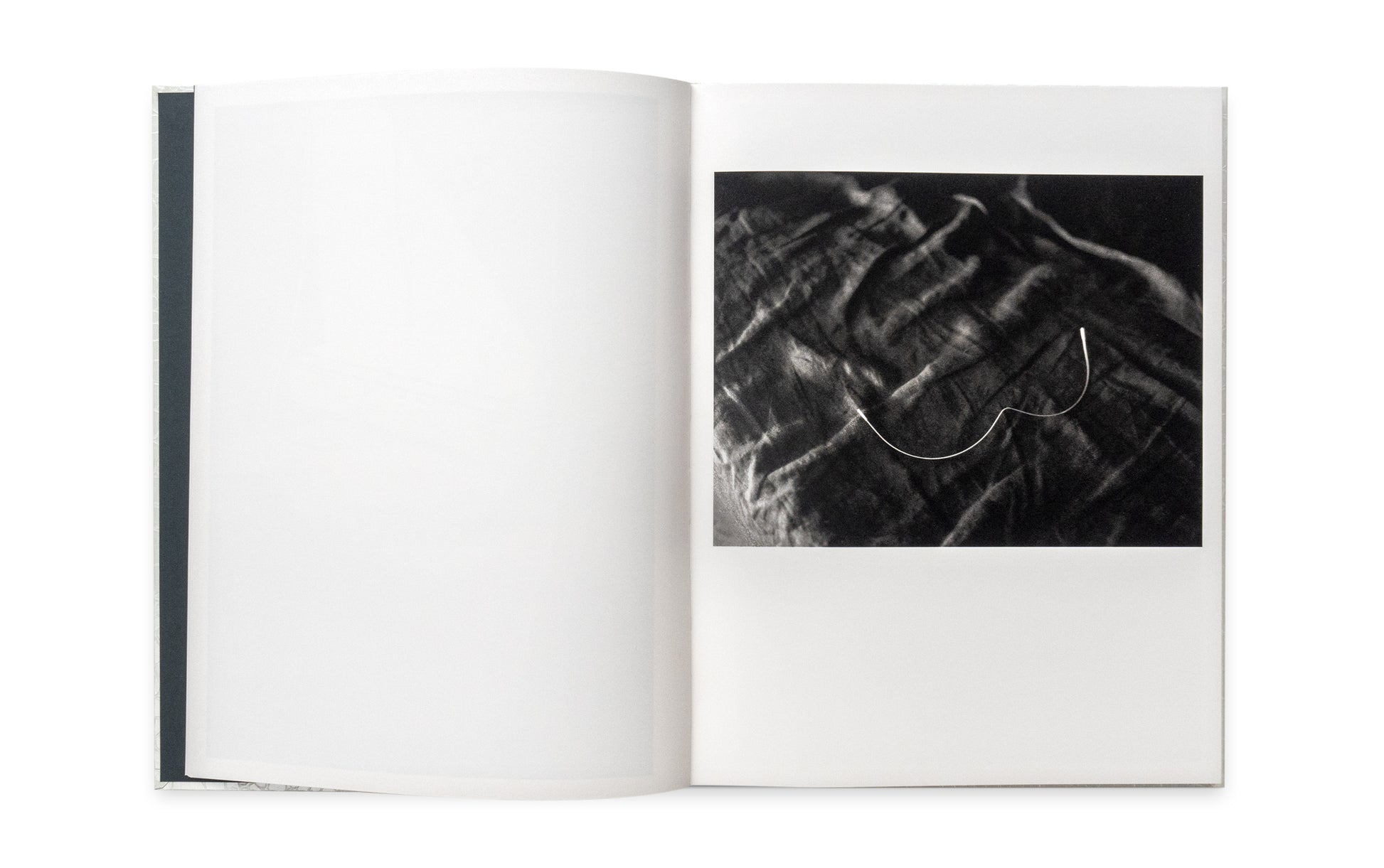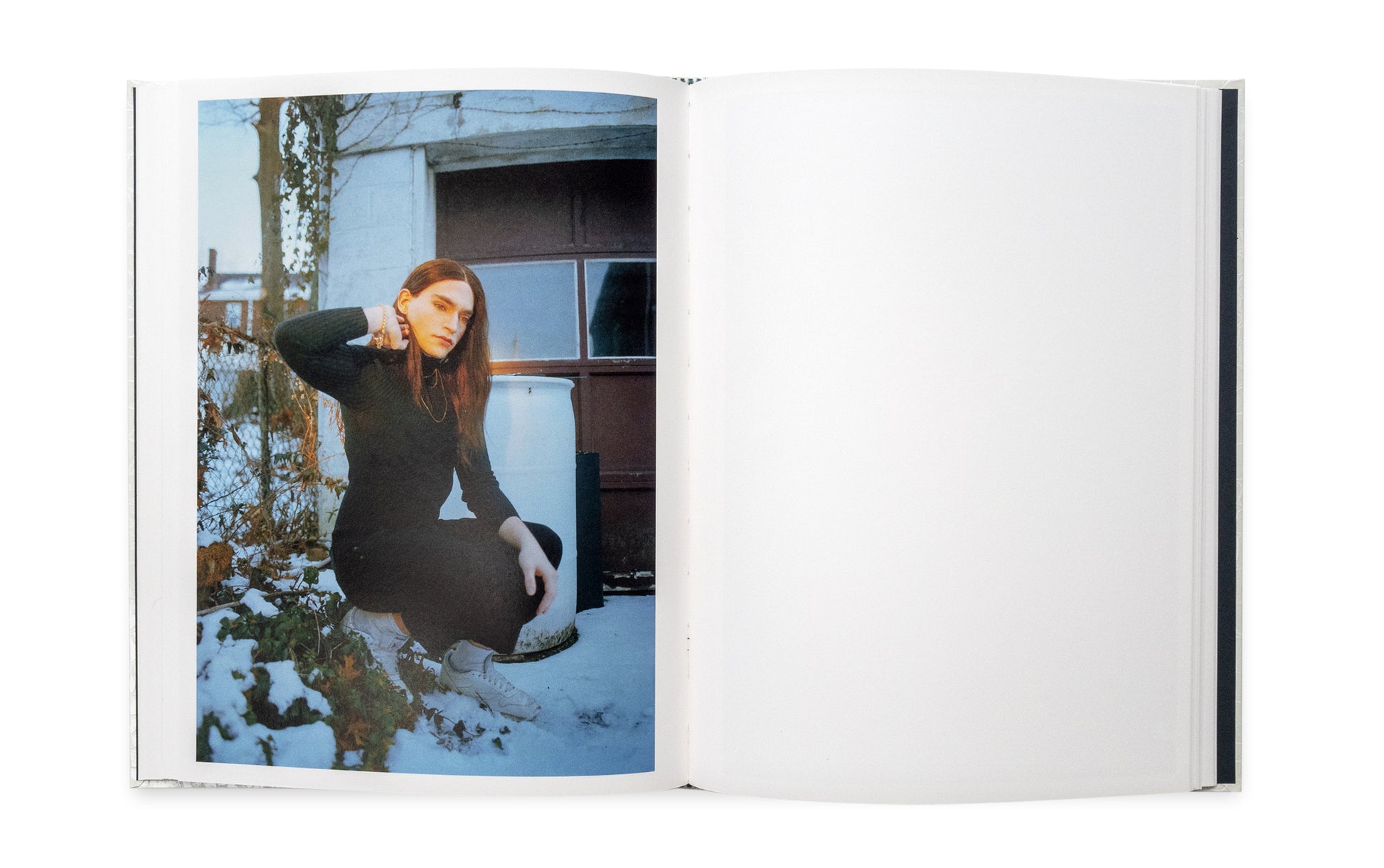Tuck and Roll
Tuck and Roll
by J Houston
Regular price
£40.00 GBP
Regular price
Sale price
£40.00 GBP
Unit price
per
Tax included for domestic orders. Customs duty and import tax may apply to international orders.
Couldn't load pickup availability
The photographs in Tuck and Roll by J Houston envision a utopic trans community located in the American Midwest. Existing outside of formal narratives often stereotyping the region, the portraits and domestic landscapes in the book are interwoven with hints of magical realism, and implicit connections between people and symbols.
More about this book
More about this book
Published October 2023
200x256 mm portrait
128pp, 60 images
Hardback
ISBN 978-1-910401-97-2
Share
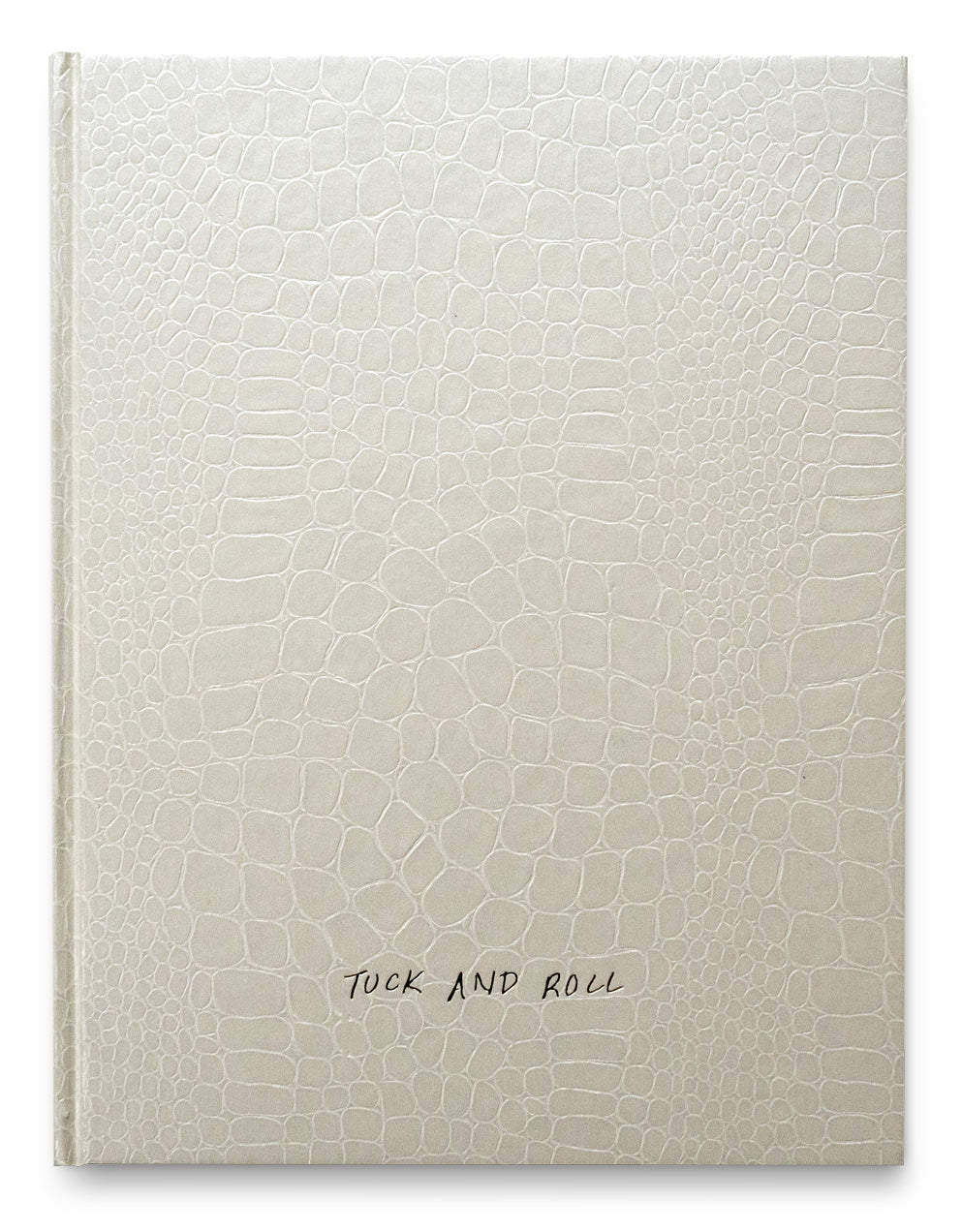
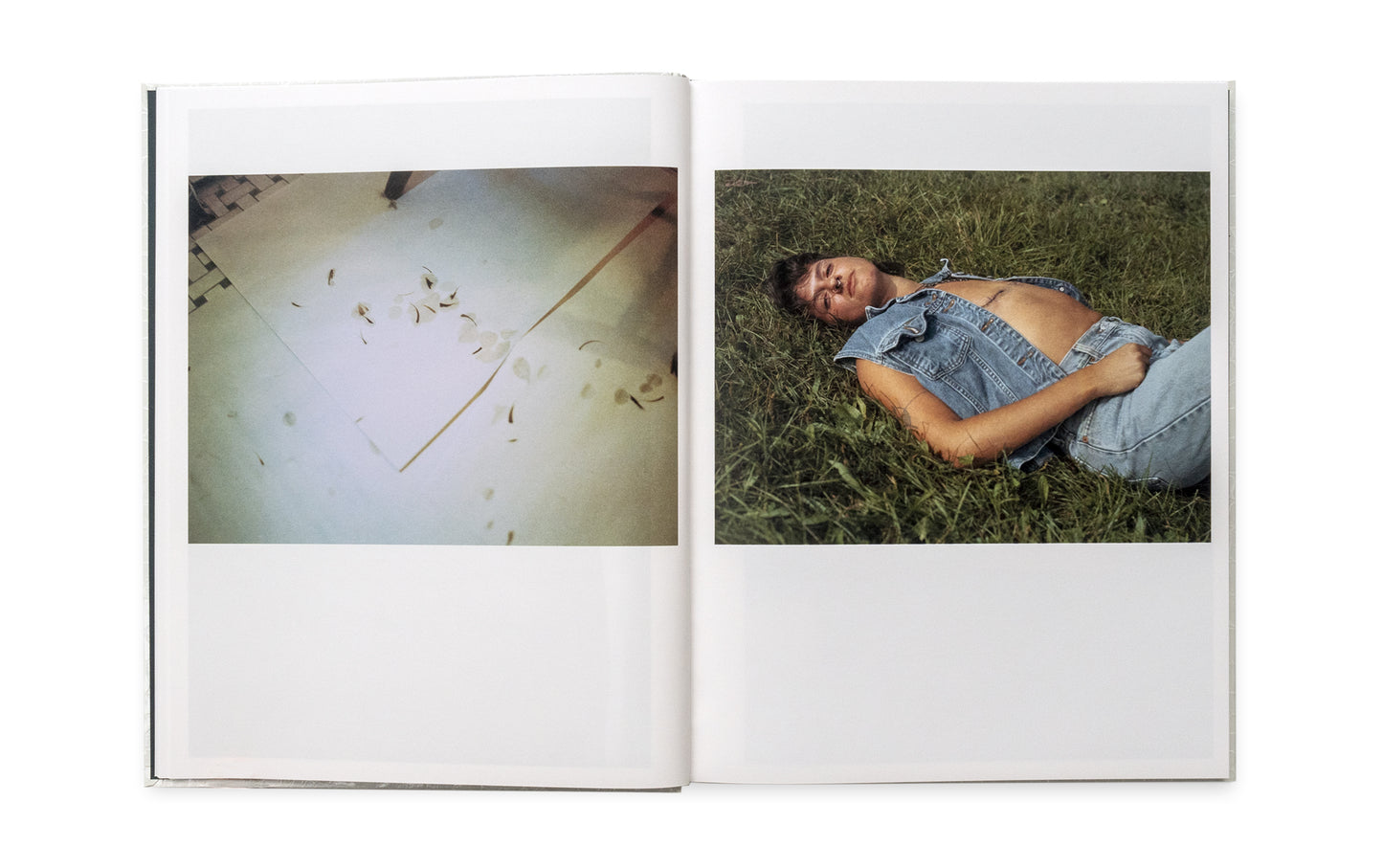
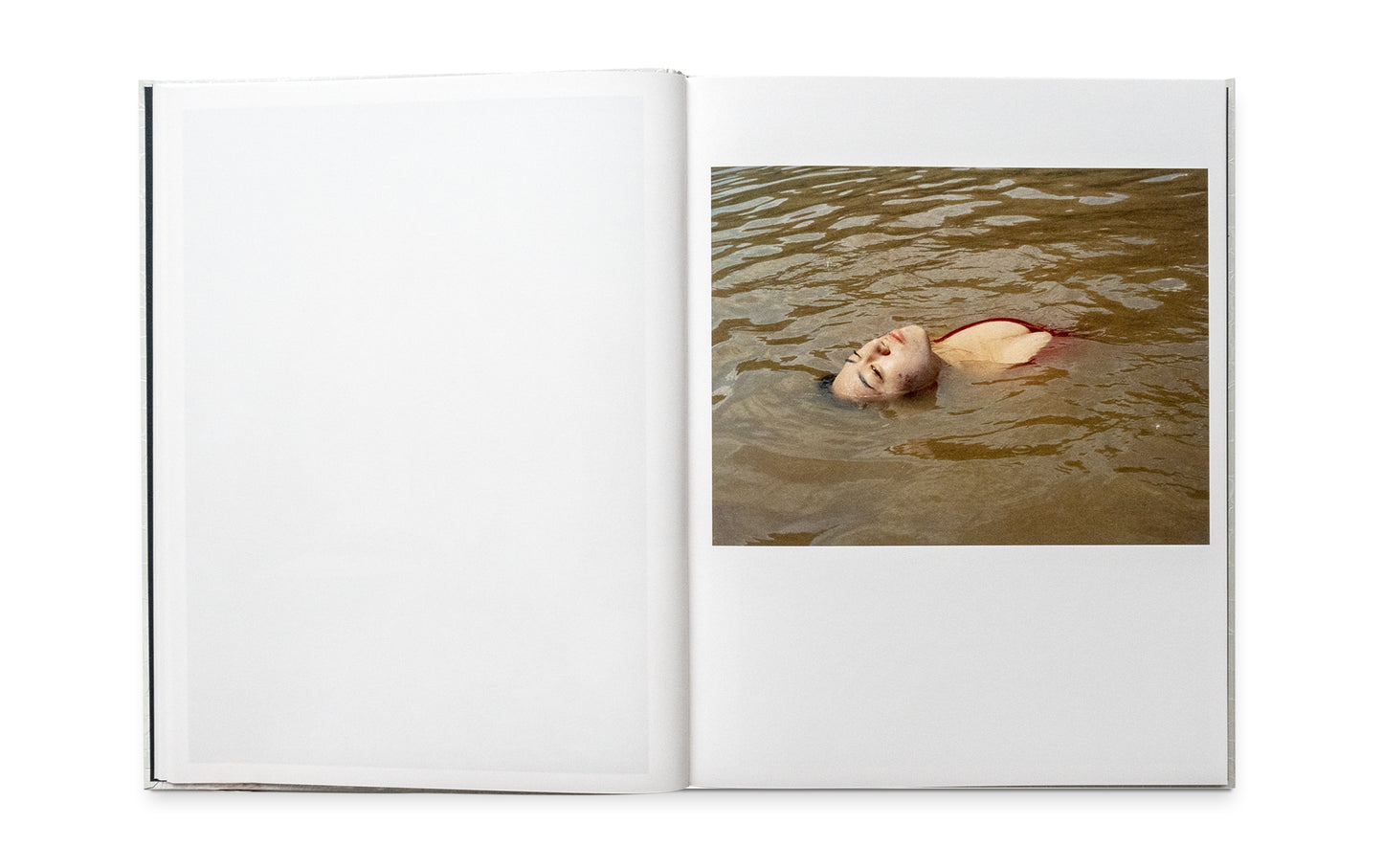
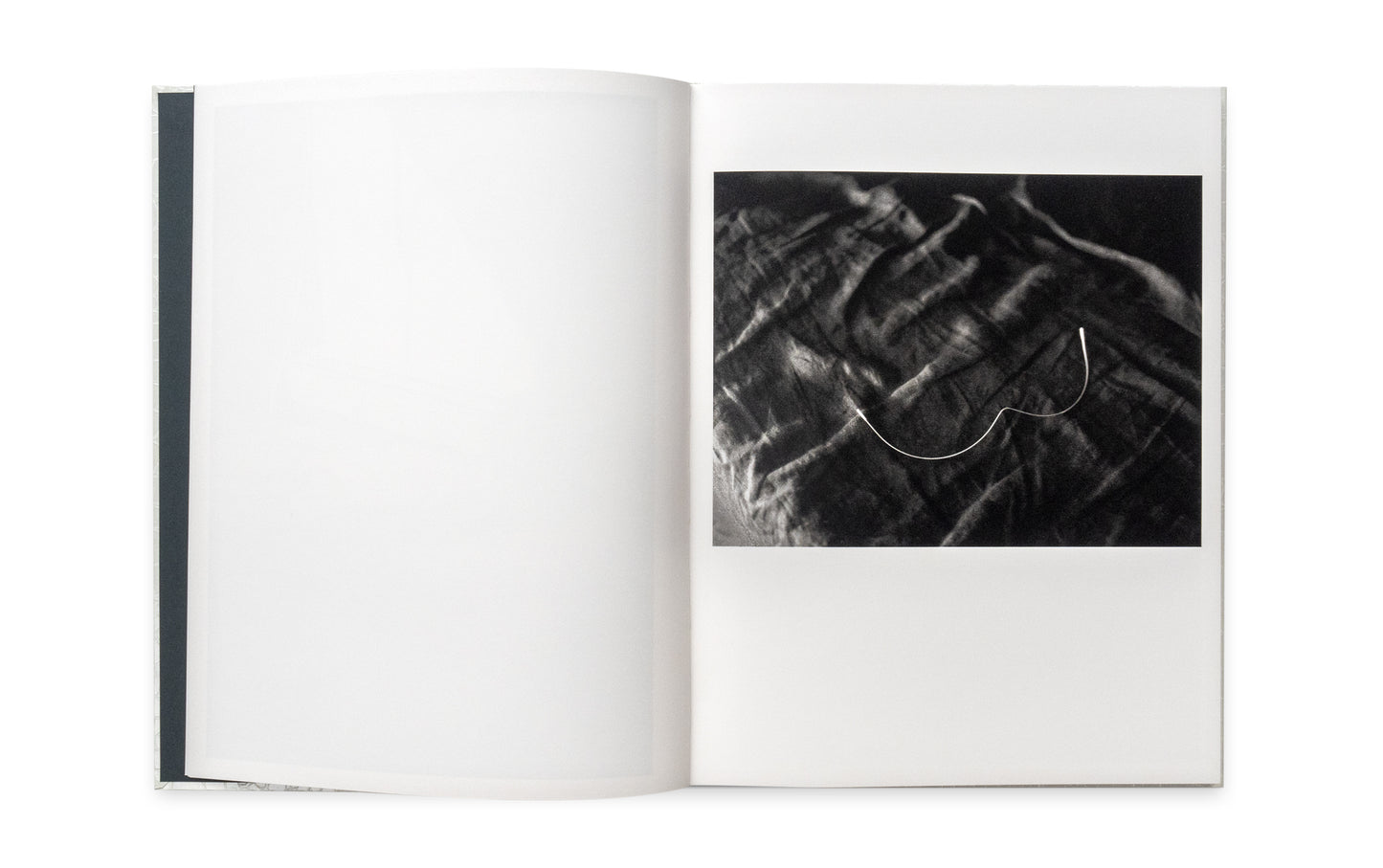
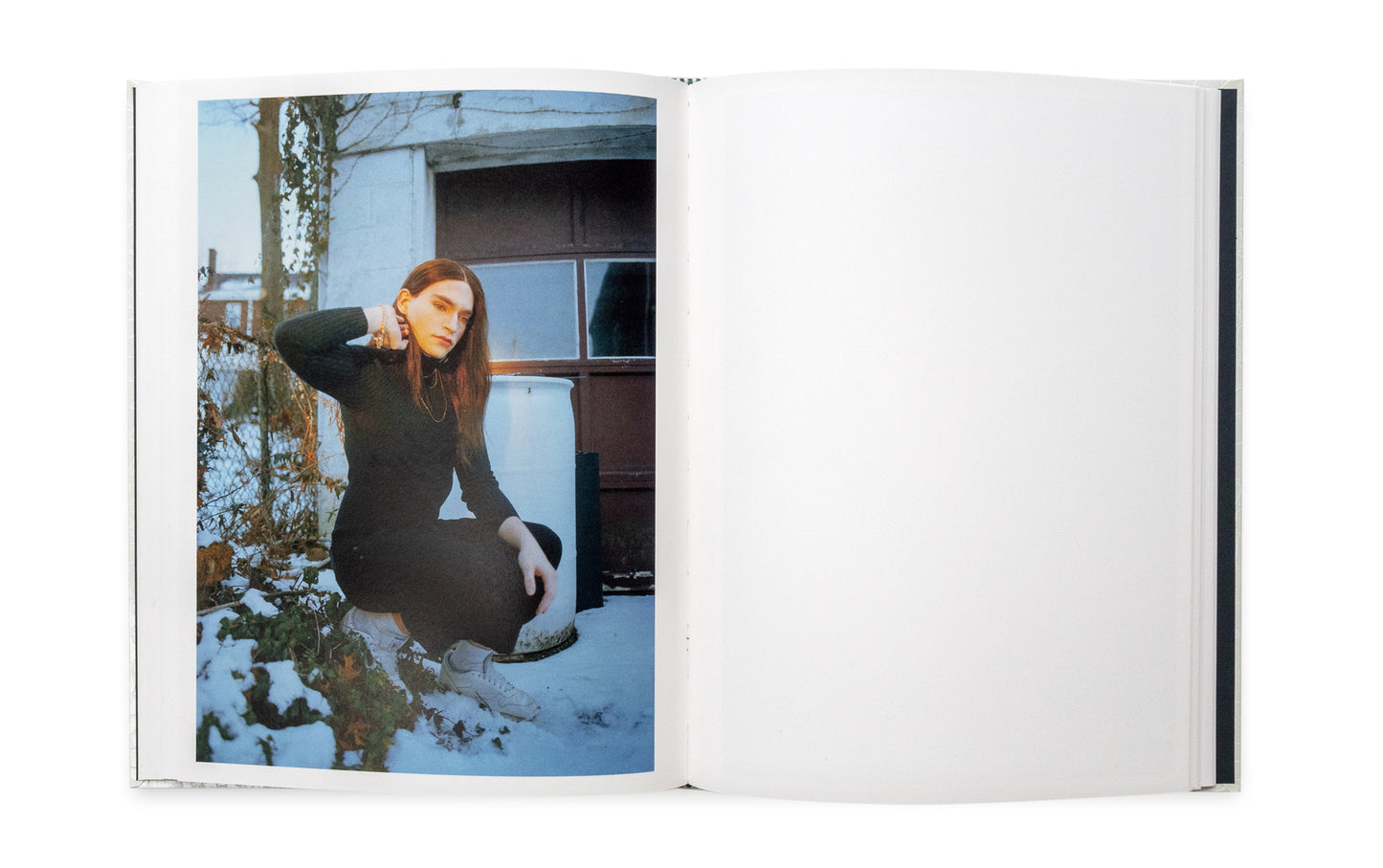
In the press
From the author
-
-
- J Houston

